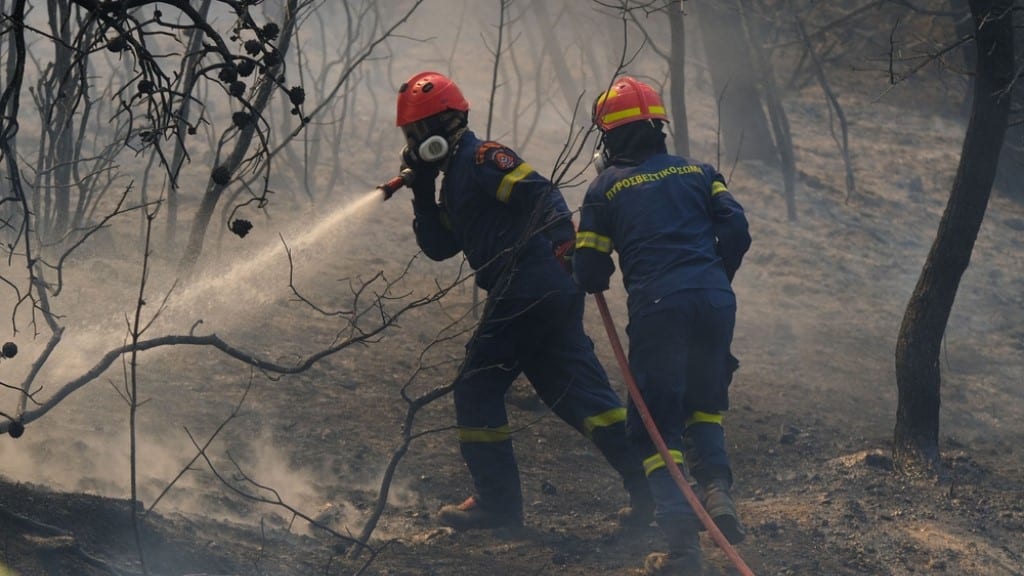Greece inferno sets a concerning record for EU wildfires
- August 30, 2023
- 11:00 am


Iain Hoey
Share this content
Greece has faced a forest blaze that is the most extensive wildfire ever documented in the EU, according to a spokesperson from the European Commission.
The statement came as a significant concern, considering the data has been recorded by the European Forest Fire Information System (Effis) since 2000.
The EU responds swiftly: Greece wildfire support in numbers
In a bid to counteract the fire’s devastation, nearly half of the EU’s firefighting aerial fleet has been dispatched.
Specifically, 11 planes and a helicopter from the EU, along with 407 firefighters, have been sent north of Alexandroupoli, the city close to the wildfire’s origin.
The EU’s civil protection service has indicated that the fire has already consumed more than 310 sq miles (810 sq km) – an area larger than New York City.
This grim reality was echoed by the European Union-backed Copernicus Climate Change Service, which highlighted the magnitude of the devastation.
EU Wildfires: International support and local implications
Support to douse the flames is not only coming from within the EU. Firefighters from nations including Albania, Serbia, Slovakia, and the Czech Republic have joined the efforts, according to fire brigade reports.
Despite the combined effort, the blaze remains “still out of control”, particularly affecting the north-east region’s Dadia national park, a crucial haven for raptors.
Climate change and its effects: Greece wildfire trends
The vast and increasing number of fires in Greece this summer is largely attributed to the climate crisis by both the government and environmental experts.
Panagiota Maragou from the World Wildlife Fund (WWF) in Greece drew attention to the high biodiversity of the national park, emphasising its regional and potentially global significance.
She mentioned that around 30% of the National Park of Dadia-Lefkimi-Soufli Forest has succumbed to the flames. Concerns have arisen over Greece’s focus on fire containment rather than prevention, with environmentalists noting the current system’s inadequacies.
Human toll and socio-political implications
Since its onset on 19 August, the fire has tragically claimed 20 lives, 18 of whom were migrants discovered in an area often utilised as an entry point from neighbouring Turkey.
Such tragedies in the Evros region, a popular EU entry for countless migrants and refugees annually, have unfortunately spurred anti-immigrant sentiments.
Recent incidents involving local civilians and migrants, and subsequent police investigations, have also come to light.
IFSJ Comment
The Greece wildfire’s scale is unprecedented in EU history, presenting a new challenge to firefighting efforts and strategies.
The situation underscores the need for enhanced cross-border cooperation and advanced preparedness.
As the climate crisis continues to intensify, such collaborative measures become even more crucial.
Equally significant is understanding the broader implications of such disasters, from environmental losses to the profound human tragedies they encapsulate.
This event is a stark reminder of the interconnectedness of our shared global challenges.

